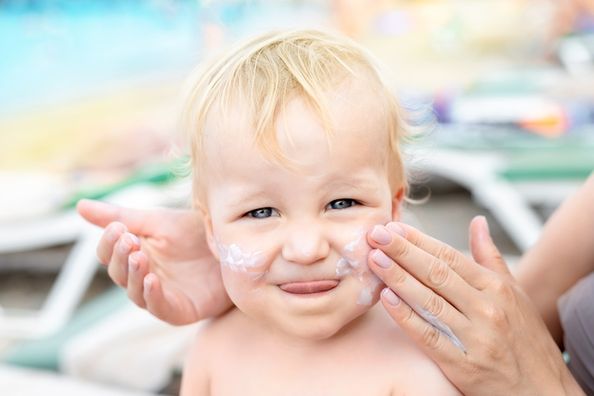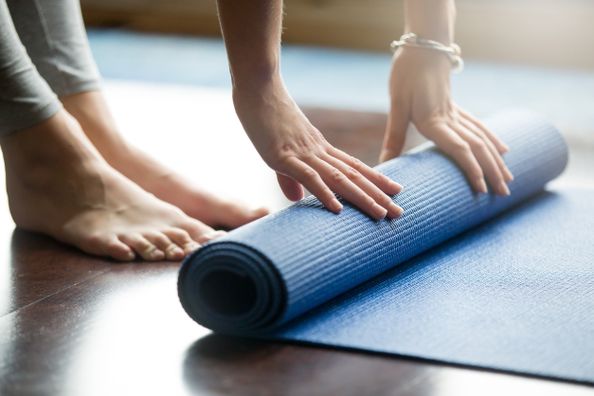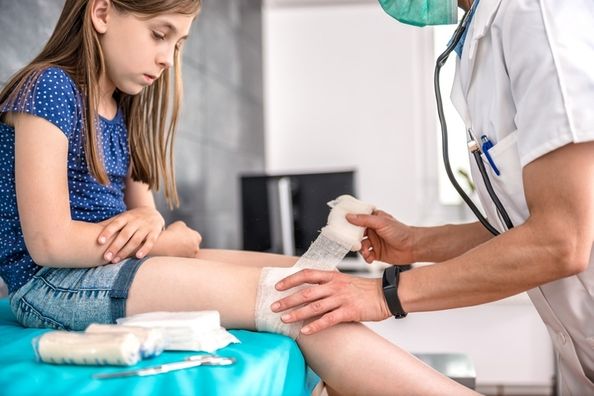Your skin is one of the most important (and largest) organs in your body. Just like your heart, eyes, or kidneys, it’s important to treat your skin well. Below are a few facts about your skin to help jump start your healthy skin lifestyle.
• According to Skin and Allergy News, about half of all skin cancers identified were found by chance and were not the reason the patient came to the dermatologist.
•More than 90 percent of the visible changes commonly attributed to skin aging are caused by the sun.
• 0.6% of all cancers in the U.S are found on the lips; men are especially at risk.
• Young women are being hit the hardest by increasing melanoma cases. The spike is being attributed to the increasing use of indoor tanning beds.
• According to researchers at University Hospitals Case Medical Center in Cleveland, a clinical trial indicates that sleep deprivation can increase the signs of aging in the skin and decrease the skin’s ability to recover after sun exposure.
• Acne vulgaris is the most common skin disease in the United States.
• Tattoos can make skin cancer difficult to detect.
• According to the Skin Cancer Foundation, a white T‑shirt has an SPF of about 7, but once it gets wet, the SPF drops down to about 3. Therefore, sunscreen should be applied under the T‑shirt.
• As featured in Dermatology Times, the easiest way to test if a fabric can protect your skin is to hold it up to the light. If you can see through it, then UV radiation can penetrate it.
• Basal Cell Carcinoma (BCC) (skin cancer) is the most common cancer in Caucasians, Hispanics, Chinese, and Japanese.
•Squamous Cell Carcinoma (SCC) (skin cancer) is the most common skin cancer among African Americans and Asian Indians.
•Regular daily use of an SPF 15 or higher sunscreen reduces the risk of developing squamous cell carcinoma by 40 percent and the risk of developing melanoma by 50 percent.
•Daily sunscreen use by adults under age 55 can reduce skin aging.
Health Topics:







